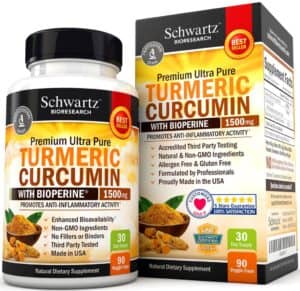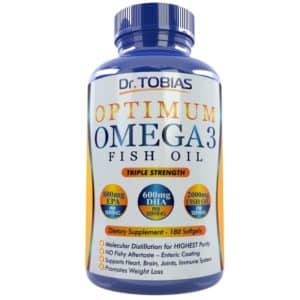Gluten-rich or Gluten-free Diet: Which One Is for You?

When Novak Djokovic rose to prominence by dislodging his more illustrious predecessors, Roger Federer and Rafael Nadal from the top ranking of the Association of Tennis Players in 2011, his phenomenal achievement was not only the hot topic in sports but also his diet. He has just admitted that the turn-around of his tennis career was mainly due to a gluten-free diet.
A gluten-rich diet consists of wheat, barley, rye, and triticale, while a gluten-free diet strictly eliminates these grains. Gluten is a group of proteins that includes glutenin, gliadin, and prolamin, among others. In wheat bread, almost 80% is comprised of gluten.
Gluten-free diet has just become a trend just years ago as more and more health-conscious individuals are swayed into it by its benefits. Although there is still no substantial scientific study that gluten is harmful to one’s health except for some medical conditions, gluten-free diet is getting popular by the day. Thanks to the many books and self-proclamations like the biography of Novak Djokovic, which alludes to his improved performance, mental fortitude, and endurance on the court.
Now, will you shift to a gluten-free diet? Wait until you read the rest of this article.
Is Gluten Bad for Your Health?
 If you have celiac disease, gluten hypersensitivity, wheat allergy, or an autoimmune deficiency, which can be aggravated by gluten; this protein complex should be eliminated from your diet. Celiac disease is a medical condition wherein the small intestine is super sensitive to gluten resulting in difficulty in the digestion of food. It can ultimately lead to damage of the small intestine. A small amount of gluten, when ingested by a person with celiac disease, can be life-threatening.
If you have celiac disease, gluten hypersensitivity, wheat allergy, or an autoimmune deficiency, which can be aggravated by gluten; this protein complex should be eliminated from your diet. Celiac disease is a medical condition wherein the small intestine is super sensitive to gluten resulting in difficulty in the digestion of food. It can ultimately lead to damage of the small intestine. A small amount of gluten, when ingested by a person with celiac disease, can be life-threatening.
Wheat, barley, and rye have been the staple food for centuries for more people in the Western Hemisphere. Generally, this food group may not be as harmful as it is pictured by advocates of the gluten-free diet, although its consumption is connected to some digestive, vascular, and autoimmune problems. Taking gluten in moderation and not patronizing processed gluten products may eliminate some of the harmful effects of gluten.
Is Gluten-Free Diet Good for Your Well-Being?
When you maintain a strict gluten-free diet, you may miss out on some important nutrients that are found on gluten-rich grains. Grains are rich in fibers, proteins, carbs, fats, vitamins, and minerals, which are all critical for the proper functioning of the human. These, however, can be found in other plant sources.
A gluten-free diet has many benefits as it improves cholesterol levels, ensures digestive health, enhances physical energy, and mental acuity. It also promotes weight loss and is suitable for persons with cardiovascular disease.
 Which One Is For You?
Which One Is For You?
When you are hypersensitive to gluten like Djokovic, shifting to a gluten-free diet may be an easy decision. It may also be the case when one patient has a wheat allergy, autoimmune diseases, and digestive disorders connected with gluten.
People who are used to a gluten-rich diet for most of their lives without experiencing the harmful effects should start taking these grains in moderation and should opt for a more balanced diet with fruits, fish, and vegetables for a healthier diet to eliminate gluten-related disorders in the future.

 Which One Is For You?
Which One Is For You?
